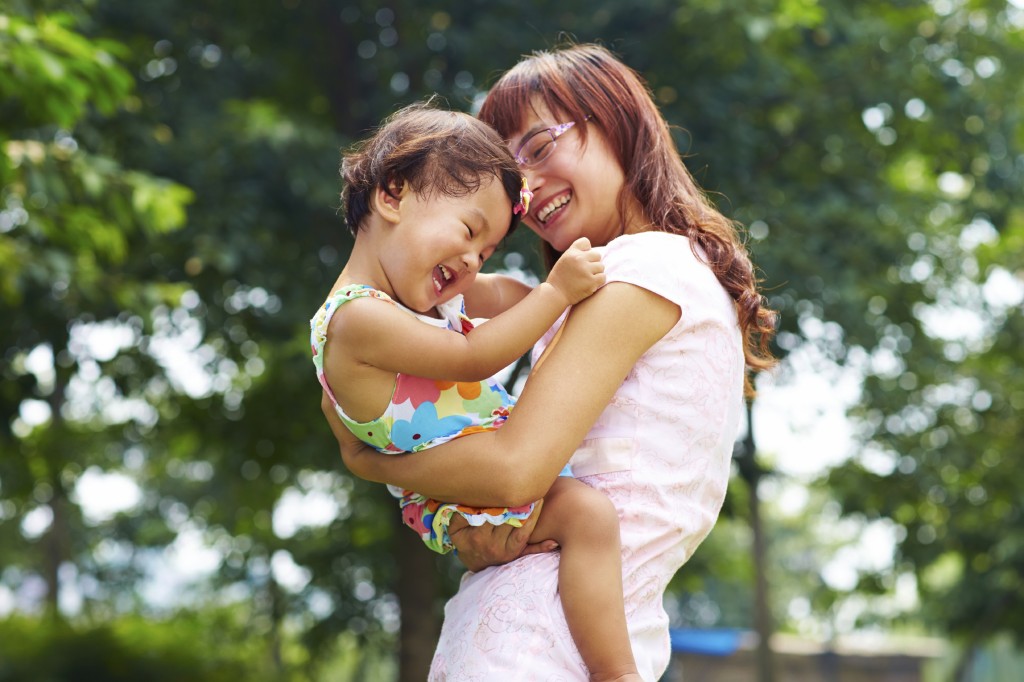Baby number two is on the way so what does it mean for you and your first-born? Suzi Francis explores
Bringing home your first baby no doubt brought forth mixed emotions of excitement, wonder and a fair bit of uncertainty. Fear of the unknown, mostly overshadowed by blissful ignorance at what lay ahead.
You had endless hours to dote on that one baby and muddled through each day, learning new things along the way. Your family grew from two to three and you slowly adapted to that new scenario until you couldn’t remember life being any different.
But now it’s time to add another family member to the mix and the world as you know it has suddenly become foreign again. Not only do you have to consider the impact of a second child on your life, but also on that of your first-born, who will go from being only to oldest in the blink of an eye.
And while your first-born, who is probably a toddler by this time, may love the idea of becoming a big brother or sister, tenderly stroking your growing bump and having chats through your tummy telephone, the reality may hit them a little harder once baby number two actually makes an appearance.
 Parenting websites and books offer many ways to help your eldest child with the transition, such as keeping their routine the same as it was before the baby arrived (as much as possible) and making sure you make time to get outside and interact with other parents and children.
Parenting websites and books offer many ways to help your eldest child with the transition, such as keeping their routine the same as it was before the baby arrived (as much as possible) and making sure you make time to get outside and interact with other parents and children.
So if you were part of a playgroup, for example, it’s important to continue going – the beauty being family playgroups cater to children of all ages.
Playgroup WA development officer Lisa Ruecroft said family playgroups catered to children from birth to school age so were a perfect choice for families introducing a new baby to the mix.
Ms Ruecroft said it was important for the older sibling to still have social interaction and that having their younger sibling at playgroup taught them new skills, such as caring for others and teaching by example.
“Mostly it’s about the socialisation and learning through play,” she said. “Also, the little ones will always look up to the older children, watching them tackle the harder activities and giving them an opportunity to learn and eventually join in as they grow older.”
Ms Ruecroft said a lot of families started their playgroup journey as new parents, with the group evolving as the second or third baby arrived.
“The babies tend to fit in more with the older children rather than vice versa,” she said. “There may be a space for the babies with their own activities and toys while the older children do their own thing.”
She said these playgroups didn’t necessarily need to have structured activities but development officers were available to provide ideas for the various age groups if required.
“Part of our role as development officers is to support playgroups,” she said. “We can visit playgroups and share activities and there are plenty of great ideas on our website.
“We can help playgroups with ideas for routines and activities and reassure everyone that every group or session is different – it doesn’t need to be super-structured – it’s more about play and social interaction.”
Ms Ruecroft said sticking with simple things like play dough, sand and water was a good idea, so each child could play at their own level and ability.
Mum of two Caroline, whose second child Eva arrived nine weeks ago, has been attending Loftus Centre Playgroup with her two-year-old son Ben.
She said it was important for her to continue taking Ben to playgroup, along with his little sister Eva, to maintain the routine Ben had become so fond of.
“You get a little baby coming along and your attention is diverted so it’s nice to keep on doing activities for the toddler so they’re still entertained and they maintain friendships,” Caroline said.
“Ben’s naturally fairly reserved, so he enjoys routine and knowing who he’ll see there, and knowing the environment. “That routine keeps him feeling secure – he knows what’s going on and knows the kids.
“As he’s getting older it’s probably more important than when he was younger.”
Caroline said while their playgroup was quite unstructured and informal, it was invaluable in allowing the mums to discuss their shared experiences and offer each other advice.
“Quite a few of the mums are on their second round as well, so we’re going through similar stages in our lives,” she said.
“We start to talk about the issues with new babies again and are able to share with this new experience.
“There’s a whole set of new experiences with the new baby and also making sure the toddler doesn’t feel jealous, juggling the two of them, and keeping up the toddler’s activities so they’re entertained and not just sitting at home with you and the new baby.
“The ability to talk to the other mums about those sorts of things is really useful.”
Little Things …